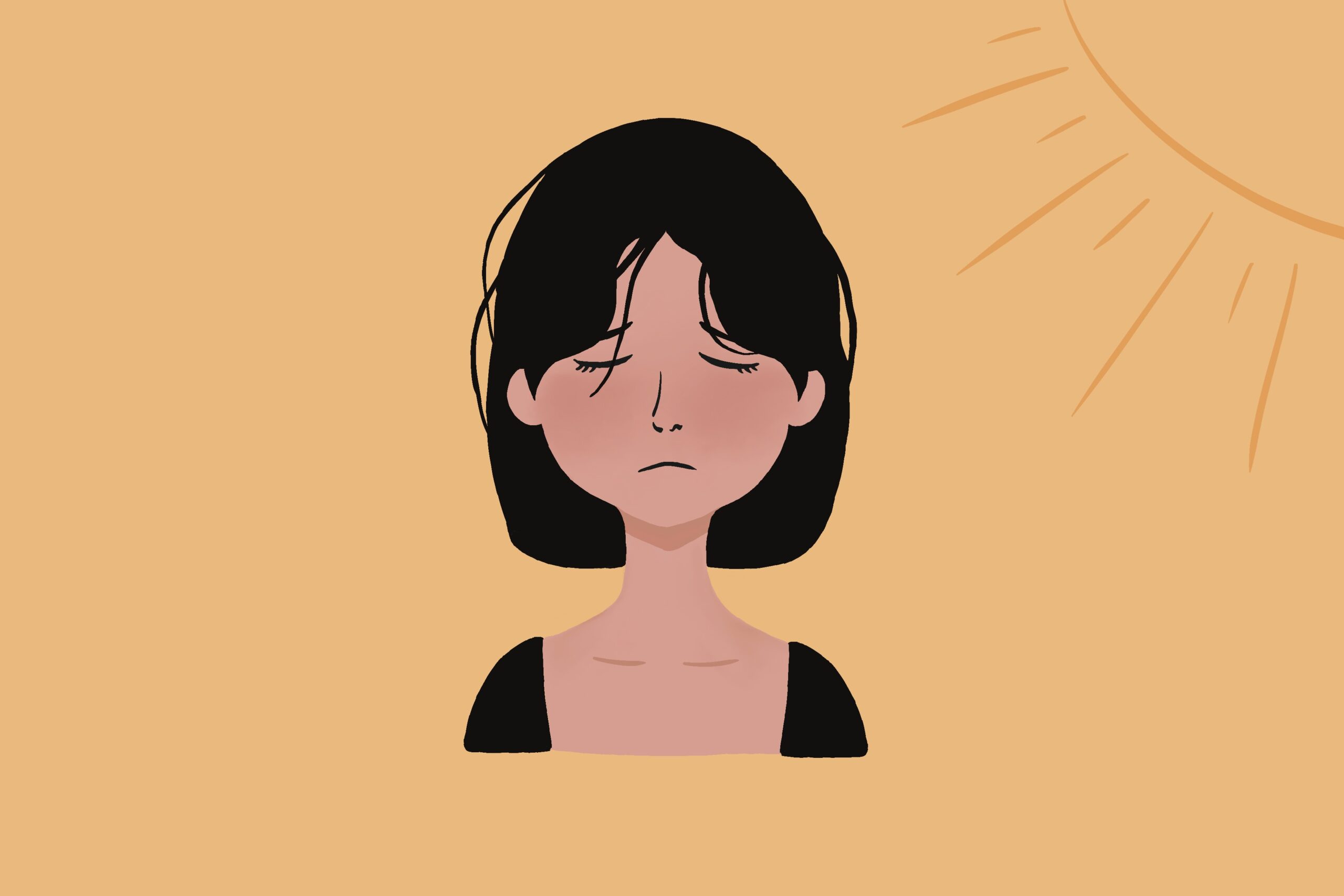
Why We Get Dehydrated
Blog Publications Written by Dr. Norman Easley Published October 7, 2024 12:00pm
Mention the word “Electrolytes” today, and most people think of the popular mixes one finds in almost any health food or grocery store: small packets of powdered mixes, enhanced with an array of vitamins, that can be added to liquids to enhance hydration. There is a need for these critical minerals in the health world, but a formula that completely addresses dehydration is more complex.
I first became aware of the importance of electrolytes in the early 1970s within the first few years of my active clinical practice. At that time, there were very few products on the market that addressed electrolytic requirements. It all started with potassium chloride in the 1950s, which was being used in medical settings. It wasn’t until the late 1970s that products started to become available for health practitioners. Potassium gluconate was the first isolated electrolyte I began providing for my patients. However, I soon learned it was not enough, nor was it the exact chelated transport that was needed. Bodies are more exact in their necessary needs than modern scientific studies determine. It was through repeated patient testing and response over several years that I eventually identified a pattern of nutrients that fulfilled the perfect rehydration requirements. In 1992, I was able to produce my first electrolyte formula, and over the next few years, I identified slight variations that dramatically improved patient response. By 1994, Electrolyte 2 was finalized, becoming a staple in my formulary of natural health supplements for more than 30 years! In 2024, a powdered version of Electrolyte 2 was created called Electrolytes by BioSF. Whole Food Electrolyte in powder form is blended in a few ounces of water and provides essential hydration to support the body during extended periods outdoors in the heat, for athletes, health drinks, or when ill with the flu or food poisoning.
Dehydration is a lack of water which is required to maintain specific functions in the body. How one’s body holds water depends on the quality of electrolytes and amino acids, which are essentially ‘sponges’ that maintain electrolyte balance. The major cause of dehydration is stress, which comes in many different forms: anxiety, rushing around in a hurry, going too long without eating, and even healthy exercise programs can severely deplete electrolytes. Your body is even stressed from working in front of a computer for hours at a time, being under fluorescent lights, in air-conditioning, and especially traveling in airplanes. In addition, excessive water consumption without thirst, fasting, and fad diets may contribute to dehydration. When one experiences illness, symptoms of vomiting, diarrhea, allergies, anemia, and hypoglycemia deplete electrolytes as well. Lastly, excessive intake of alcohol, energy drinks, coffee, carbonated soft drinks, nicotine, and distilled water strips the body of essential electrolytes.
Preventing dehydration requires supplementing with the right type of nutrients. The body requires a specific balance of minerals and amino acids to maintain hydration. Dehydration can be easily identified by location from the symptoms produced. The primary areas where electrolytes are critically important for health are the circulatory system, the lymphatics, cells, and the nervous system.
Circulatory: The heart, arteries, and veins are the most common areas where dehydration can occur. Deficient circulatory electrolytes can cause wrinkled fingertips, excessive perspiration, heart palpitations (skipped beats), lightheadedness, dizziness when standing up from a reclined position, trouble thinking or finding the right words, difficulty sleeping around 3 AM, sensitivity to light, headaches in the afternoon and evening, and fatigue with exercise or exertion.
Lymphatic: The main condition occurring with lymphatic dehydration is intolerance to hot or cold weather, sinus congestion in the morning, stiff joints from lack of movement (sitting and sleeping), as well as headaches in the morning.
Cells: All cells require electrolytes. If cells become dehydrated, there can be a multitude of disorders: Dry skin, dry mouth, thirst, dry eyes, quickly wrinkled fingers when in water, intestinal disorders with constipation and bloating, sluggish muscle response, and fatigue.
Nervous System: When the brain and nervous system are dehydrated, agitation and irritation can occur. Anxiety, fearfulness, and panic attacks are common results of nerve and brain dehydration. PTSD is a result of a brain and nervous system that has been locked into a dehydration syndrome. Nerve dehydration can also cause twitching, numbness, and non-responsive functions. Trouble walking in a straight line, loss of equilibrium, and imbalance can occur.
For more than 30 years, My Electrolyte-2 supplement in capsule form successfully helped my patients and the patients of enrolled physicians for over 30 years. In 2024, I partnered with BioSF to produce the powdered version of Electrolyte 2 called Whole Food Electrolytes. Both these versions successfully address ALL of the above types of dehydration with the exact combination of minerals and amino acids.

